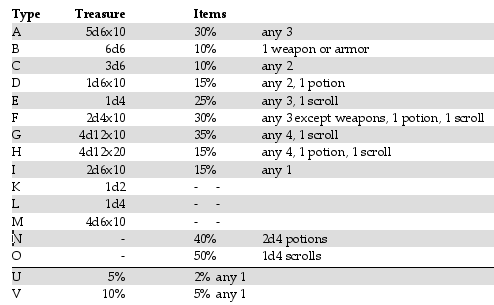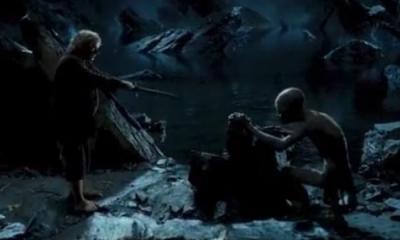Angry wrote another post about the constant apparent lack of gamemasters among RPG players. Being a regular GM myself that has never been a problem for me, but then I also always was the one who initiated the groups in the first place and got all the players together in the first place, pretty much proving his point: New players are overwhelmingly introduced to roleplaying games by existing players and only when a GM is already starting or running a group. If there will be any game at all really comes down to there already being a GM. Old players may ask a GM they know to start a new campaign, but usually it’s all happening on the GMs initative. No GM, no game. Simple as that.
No matter how much companies advertise their games, it doesn’t matter how many players they get excited, only how many GMs they can reach. And they can’t get any new players to start playing any RPGs. The only way to get more people to play is to get more people to become gamemasters. GMs can train other GMs in the basics, but that’s nothing that companies can influence.
Now the question Angry is putting out in the open is how we can get more people to become GMs. Because as he correctly notes, running games is not generally treated as something desireable. It’s not usually “Who wants to be a GM?” but “Who is willing to be a GM?” If you are not already totally excited about an idea you want to run, people become GMs for a campaign because everyone else “refuses” to, or feels “unable” to do it. And I think here is the key to the whole problem. Running a game is generally perceived as being difficult, tiresome, and all around undesirable. If anything is going to change, we need to make games that are easy to run. And looking at the big names in RPGs we got D&D, Pathfinder, Exalted, Shadowrun, World of Darkness, and Legend of the Five Rings. And from what I am able to tell these are all really a bitch to run. Among the most work intensive and complex systems that are out there. So no wonder nobody wants to be a GM. Even I don’t want to run these games and I already am a GM of 15 years. Now D&D 5th Edition made a few little steps into the right direction, but why are all the big games what could be called Hardcore or Expert-Level games. These are games for players and especially GMs who already are familiar with the whole thing. For new people they are almost inaccessible.
The one shining light I can think of are the various B/X clones, because Mentzer Basic and Expert are actually the only truly introductory game products I’ve ever seen. This is a game that is easy to learn in half an hour and also puts a very light workload on the GM, and it actually makes a real effort to tech the game to new GMs. Sandly, there are now dozens of them of which most people have never heard of because they are made often by just one or two people at home who don’t have any marketing and rely entirely on nostalgia from very old GMs and word of mouth. Little honorable mention here to Barbarians of Lemuria, which seems to have gained some real popularity while also being rules light and not a B/X clone. Doesn’t try to reach new players either, though.
Continue reading “Y’all got any more of these GMs?”
 Type J and type P to S are not on this table as their average results are way below 100 gp.
Type J and type P to S are not on this table as their average results are way below 100 gp.
